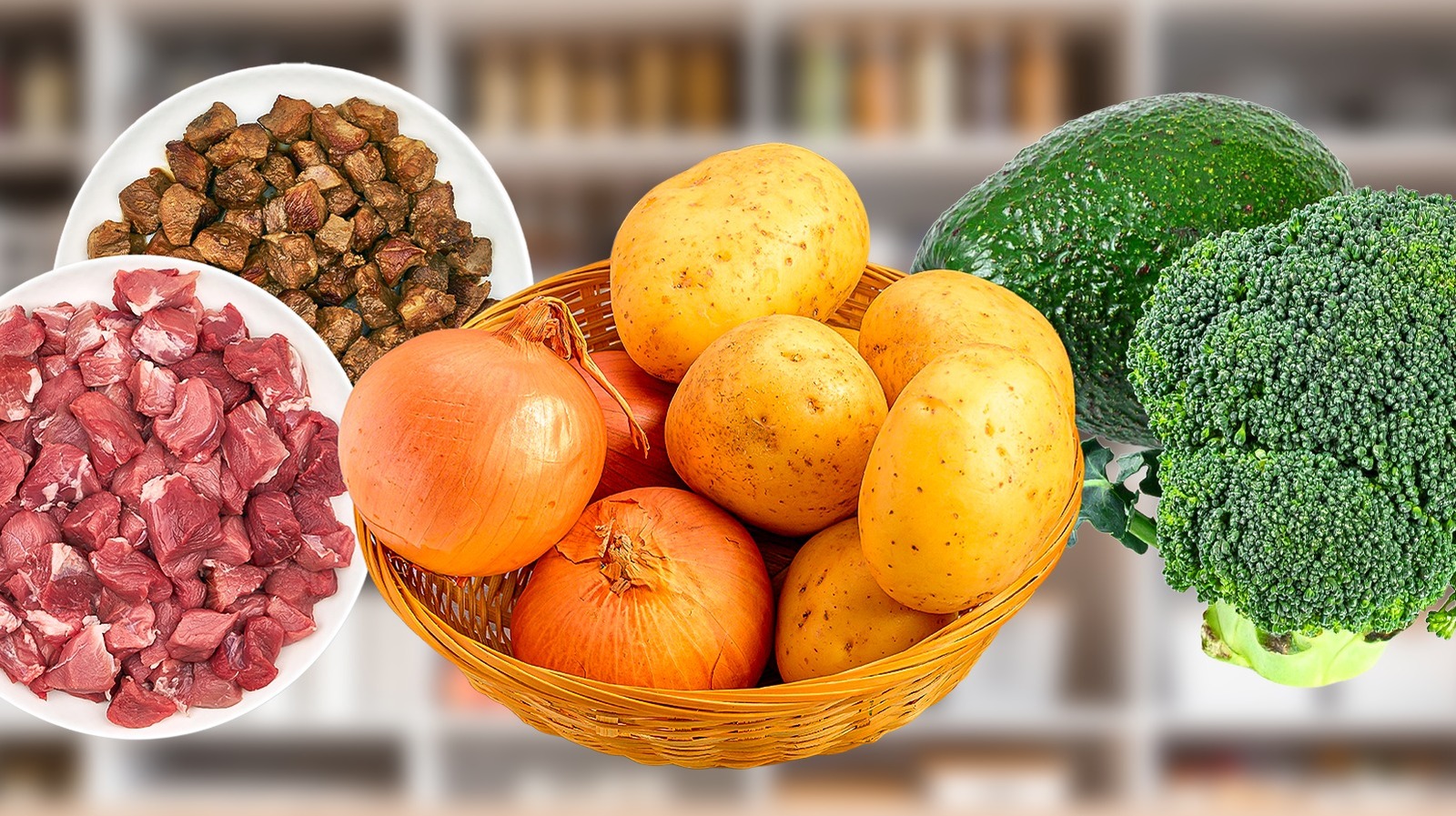
"In the case of fruits and vegetables, the problem is often the release of a gas called ethylene, which is produced by certain plants as they continue to ripen after picking. Some produce is very sensitive to ethylene, meaning that storing them near an ethylene producer can be bad news, and may result in the ingredients spoiling very quickly. Often, foods that match brilliantly with each other on the plate are a nightmare when stored together raw."
"As a member of the Brassica family, cauliflower is extremely sensitive to ethylene, and the effect will be visible fairly quickly. The white head of the plant - known as the curd due to its resemblance to cheese curds - will become discolored and turn yellow, signaling that it is spoiling."
"While it is unlikely you would go out of your way to store cauliflower and apples together, they both often end up in a salad drawer together, and the high ethylene production of the apples will turn the cauliflower quickly."
When certain fruits and vegetables ripen they release ethylene gas, which accelerates ripening and spoilage of ethylene-sensitive produce. Storing ethylene-producing items next to sensitive items shortens shelf life and increases waste and cost. Common culinary pairings like apples and bananas or potatoes and onions often fare poorly when stored together raw. Brassica vegetables such as cauliflower discolor and yellow when exposed to ethylene from nearby fruit. Separating ethylene producers from sensitive produce and avoiding shared drawers or pantry spaces helps preserve texture, color, and safety while reducing cross-contamination and foodborne risk.
Read at Tasting Table
Unable to calculate read time
Collection
[
|
...
]